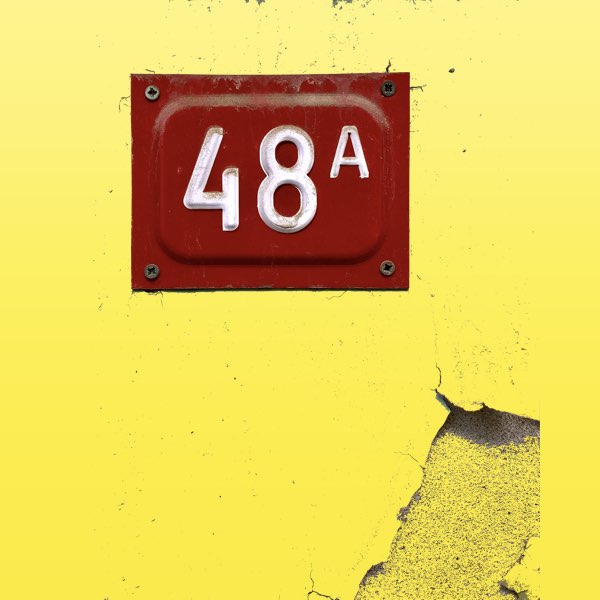Remember this quote?

It’s based on a simple formula that copywriters love: “[cliché], but [twist].”
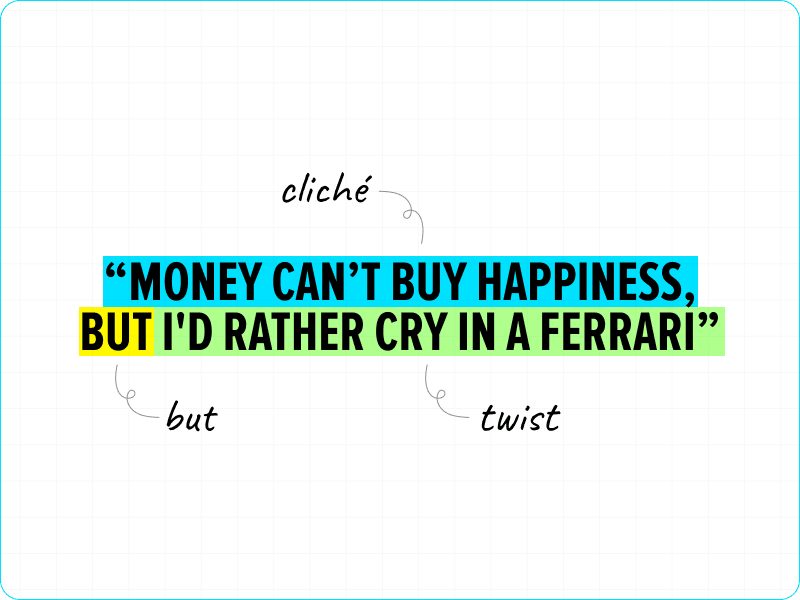
For example:

So let’s use it to write a DoorDash ad:
Step I: Find a Cliché
I start by asking Perplexity: “List 200 food-related idioms, proverbs, clichés, and phrases.”
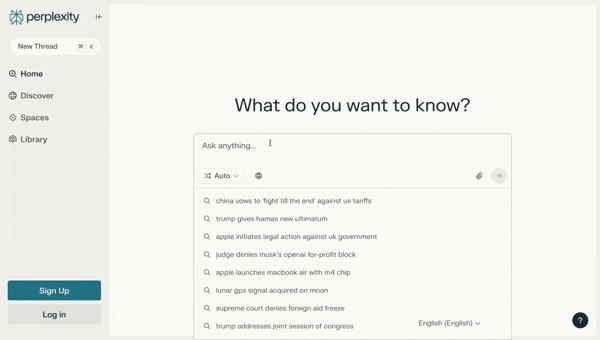
Step II: Twist It
Perplexity isn’t very creative, so I paste my phrases into ChatGPT with this prompt:
PROMPT
TASK:
Add “but [twist]” to each phrase to create a clever ad headline for DoorDash. Follow the “[cliché], but [twist]” formula.
EXAMPLES:
- “Money can’t buy happiness, but I’d rather cry in a Ferrari.”
- “Money talks, but sometimes it needs an interpreter.”
- “Rome wasn’t built in a day, but your dream workflow can be.”
[paste the phrases from Perplexity here]
Most lines GPT gives me are useless, but a few are actually interesting:
1) “There’s no such thing as a free lunch, but there are great deals.”
2) “Carrot and stick, but fries are a better motivator.”
3) “Revenge is a dish best served cold, but fries are best hot.”
So, I try to polish them a bit:
1) There’s no such thing as a free lunch, but there is free delivery. Try DoorPass.
(Nah, too forced.)
2) Carrot and stick is nice, but have you tried pizza? DoorDash for Business.
(lol, people on LinkedIn will hate this.)
3) “Revenge is a dish best served cold, but ramen isn’t.”
(I actually like this one.)
Step III: Add Your Offer
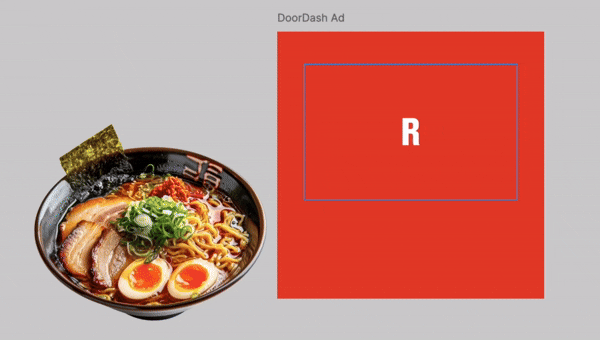
And by the way, the cliché doesn’t necessarily have to be directly connected to the product.
For example, here’s an ad I wrote for my client, AppsFlyer:
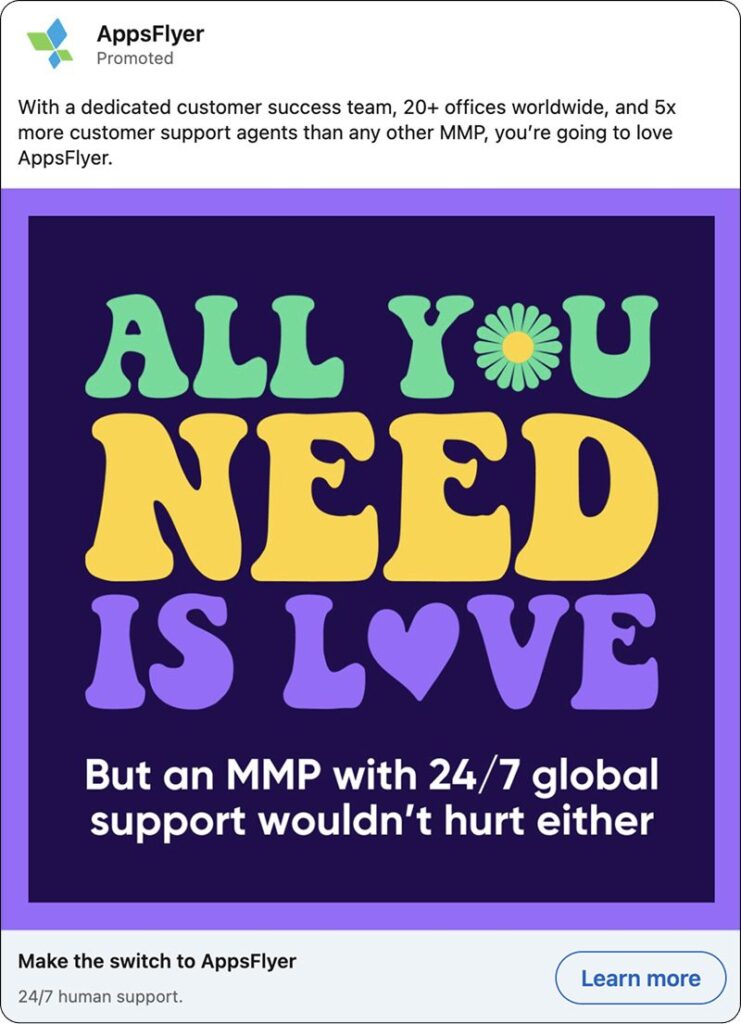
AppsFlyer’s audience knows this, of course.
